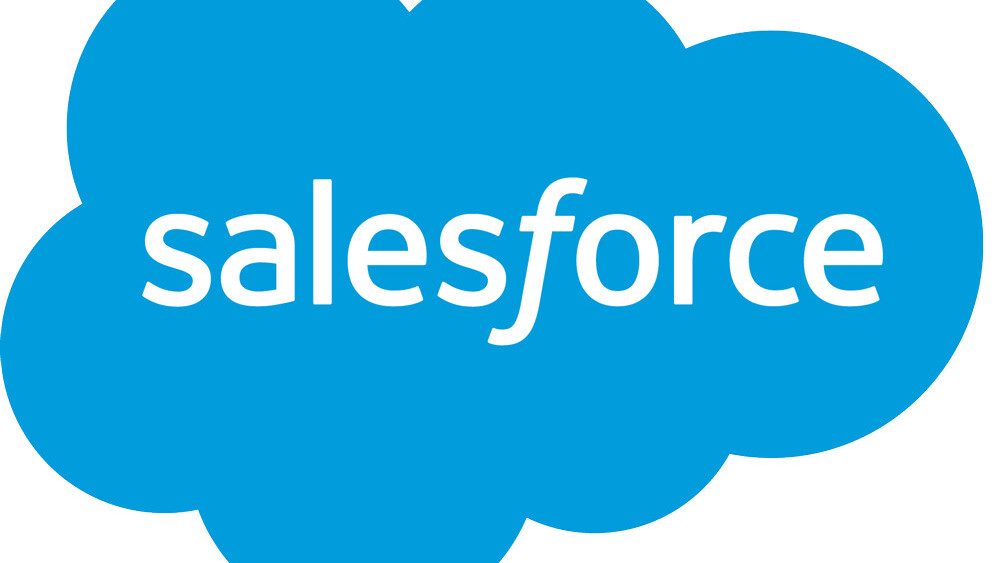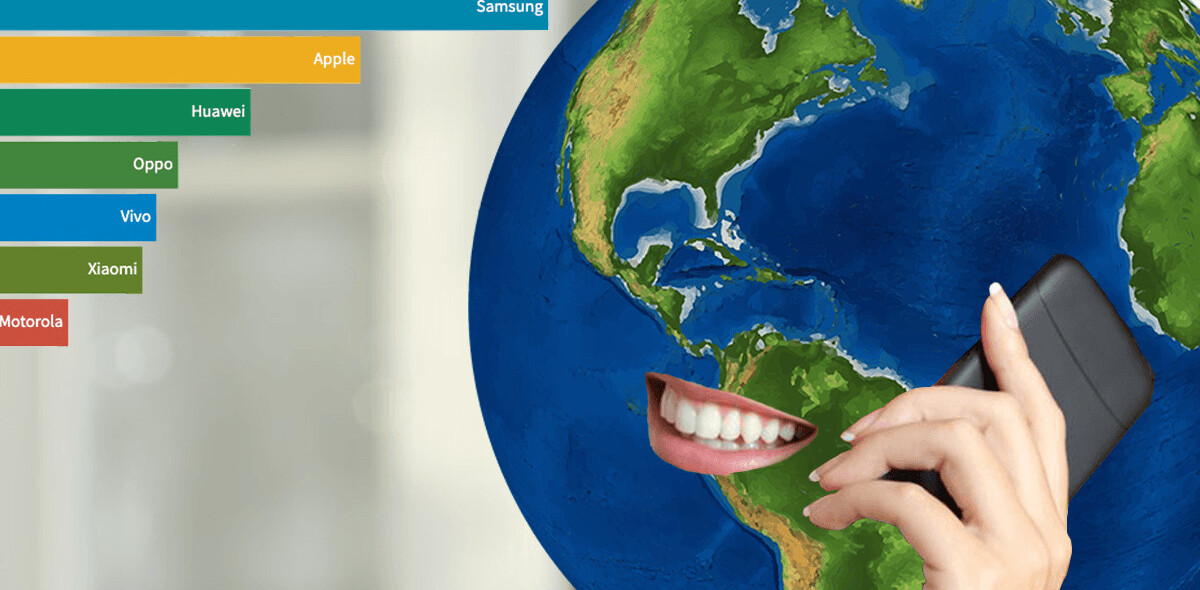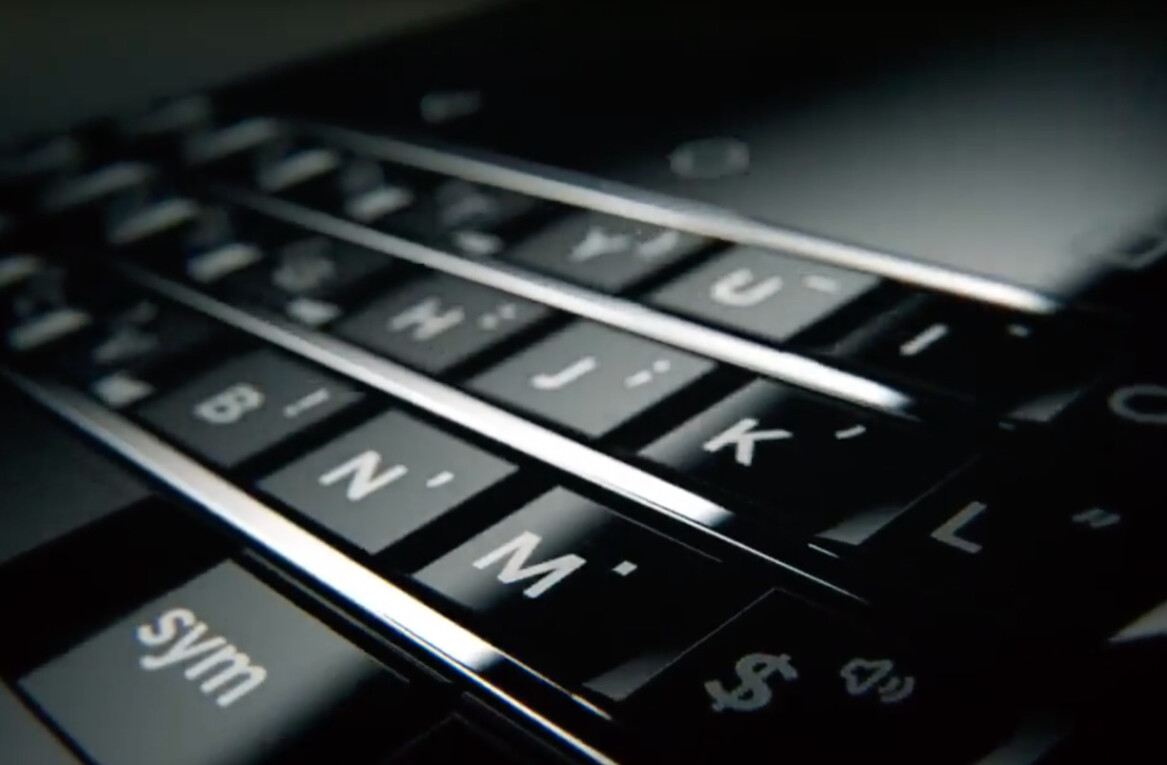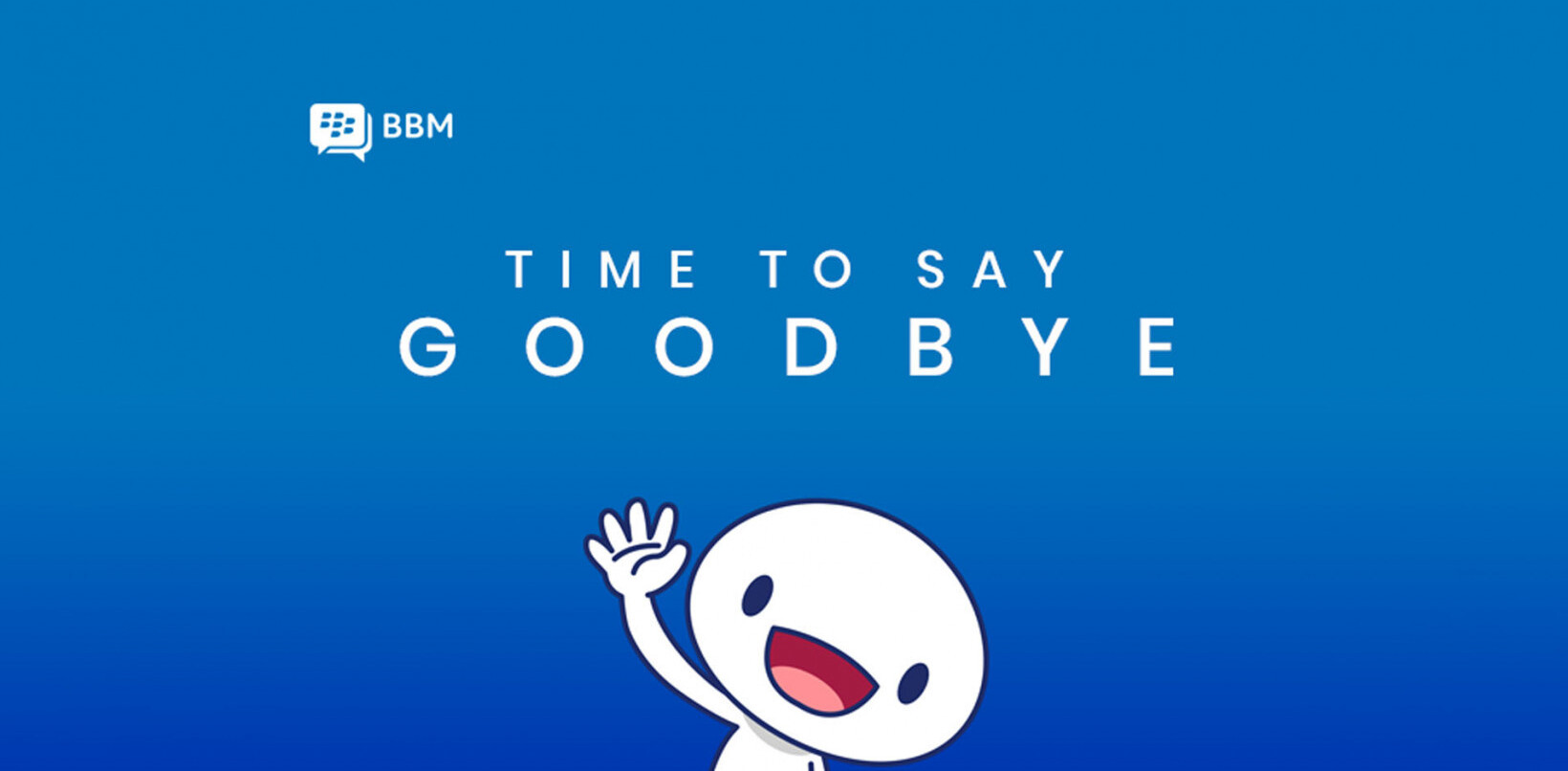
Remember BlackBerry?
It was the gold standard of mobile business communication when it launched in 1999, and no one had a functional alternative. That was until Apple launched the iPhone in 2007 and rendered BlackBerry obsolete.
Salesforce appears to be on a similar trajectory to BlackBerry.
Earlier last year, Salesforce announced that it beat Q1 earnings following a 20 percent pricing increase.
Its thousands of embedded (read: captive) users have had no choice but to pay up. Soon, however, a new generation of automated CRMs will emerge as a viable alternative, bringing intelligence and ease-of-use to a category of “dumb” CRM databases. They’ll offer products that are easily configured, always up-to-date, and entirely automated – delivering a delightful user experience in a tech landscape known for the opposite.
Like BlackBerry, the disruption will happen much faster than Salesforce expects.
The root of the problem: SaaS is a DIY database
Salesforce was part of the birth of SaaS. It replaced on-premise solutions with cloud-based, integrated tools displacing spreadsheets and address books.
In 1999, that was a quantum leap towards systematizing relationships.
Businesses today have a hard enough time keeping their data up-to-date let alone using it to maximize the value of their relationships. The technology should be gathering the data, identifying insights, and making productive decisions all on its own.
Changes in the industry
It’s been said that in the iPhone, RIM “faced an adversary it did not understand.” Apple changed the rules of the competition, leaving RIM flat-footed.
New tools win because they are not just another version of the same thing. Users abandoned Friendster and MySpace for Facebook and Pandora for Spotify – the list goes on –because they gave users a better experience. Users were won over by their dazzling simplicity, and industry leaders were born.
The common thread for consumer products is their emphasis on user experience. An intuitive, effortless interface that doesn’t get in the way. The same applies to B2B technologies, although all too often enterprise software companies overlook this principle at their peril.
As CRM technologies increasingly adopt the tenets of user experience, Salesforce won’t be able to keep up. It’s hard to turn the ship this late in the game.
In fact, there’s an entire cottage industry of highly paid developers and consultants who capitalize on the shortcomings of Salesforce’s product. Businesses continue to use Salesforce because it’s difficult to abandon – much like one’s cable provider.
This dynamic has catapulted SFDC from a SaaS pioneer to the multi-billion dollar behemoth that it is today. This will also be its undoing since innovation has never been a part of its survival strategy.
The future: SaaS needs a conscience
Post-Salesforce CRMs will disrupt the industry with the force and suddenness of the iPhone. In the same way Spotify’s personalized playlists improve our experience without requiring our full attention, the new batch of CRMs will use data to make decisions and take action – true automation powered by artificial intelligence.
These CRMs will take the heavy lifting off of users’ plates and allow companies to focus on the art of managing relationships. These systems will aggregate customer data (from phone calls, emails, text messages, and transactions) and scour millions of data points to identify actionable trends.
In the same way that the iPhone supplanted the BlackBerry by showing that a phone could be both beautiful and functional, AI-driven CRM technology will open users’ eyes to the reality that CRM systems don’t have to be complex and cumbersome.
In 10 years, Salesforce will either be forgotten or fading from relevance, and that will be a boon to sales teams everywhere.
Get the TNW newsletter
Get the most important tech news in your inbox each week.




